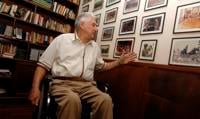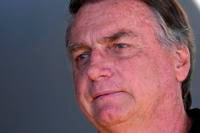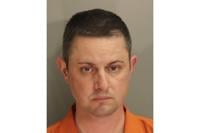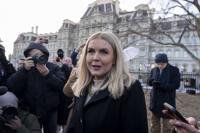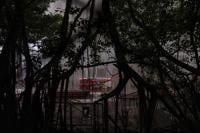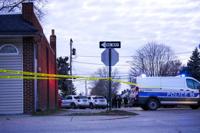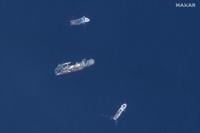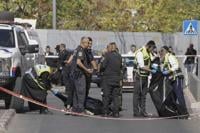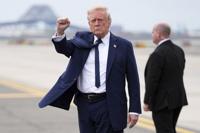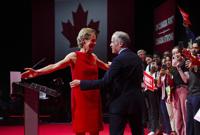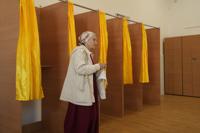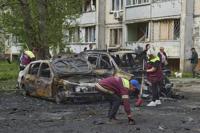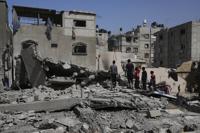LA PAZ, Bolivia (AP) — The Bolivian general who captured Argentine-Cuban guerrilla leader Ernesto “Che” Guevara has been buried, and the ceremony was shunned by Bolivia’s leftist national government in a gesture that has angered his relatives.
Retired Gen. Gary Prado Salmón, a hero to some compatriots and a pariah to others, died Saturday at 84 from renal complications.
He had been declared a “national hero” in 1967, but also was accused in 2009 of involvement in a coup attempt against then-President Evo Morales. The Bolivian Army did not bury Pardo with any honors for Sunday's ceremony, though he did receive tributes from city and regional officials.
No authority from President Luis Arce's government issued any statement on Prado’s death, nor did any military officials. No active members of the military participated in the wake nor funeral and there were no active duty officers flanking Prado’s coffin, as is the norm for deceased members of the service — all of which has upset Prado’s family.
“My husband will not be honored. The commanders violate the rules to please the government,” María del Carmen Morales, Prado’s widow, told the local El Deber newspaper.
Prado’s son, Gary Prado Araúz, said a request by the Union of Retired Military Personnel that honors be rendered had been denied. “It’s a shame,” he told journalists at his father's wake.
“The government of Luis Arce, like his predecessor (Morales), sympathizes with ‘Che’ Guevara, so they won’t honor Gary Prado. That’s why they’ve chosen silence,” said Paul Coca, a political science professor at the Franz Tamayo University. “The Armed Forces, for their part, won’t do anything that could bother or disturb the government.”
In addition, Prado was an activist in the Revolutionary Left Movement of former president Jaime Paz, who is “a declared political enemy” of the Movement Toward Socialism, or MAS, party of Arce and Morales, Coca said.
Prado did receive tributes from local authorities in Santa Cruz, the most populous city in the county where he lived. The government of the Santa Cruz region laid Prado in state and friends and family members as well as retired military officers celebrated a Mass in the city’s cathedral before he was buried.
Prado was a captain on October 8, 1967 when he commanded the patrol that captured the legendary guerrilla fighter in the Bolivian jungle.
In his book “How I Captured Che” and in subsequent interviews, Prado stated he was not responsible for Guevara’s execution, which was ordered by higher-ranking officers. “I had nothing to do with it. I was looking for the other guerrilla fighters. When I returned to the camp, they had already executed him,” he said.
Later in life, Prado was Bolivia's ambassador to Great Britain in the early 1990s and to Mexico in 2000-2002. It was during his posting in Mexico that Mexican writer and filmmaker Alberto Híjar threw a glass of wine in his face, shouting, “To the health of ‘Che,’ murderer.”
The government substantially distanced itself from Prado during the tenure of Morales, a leftist president in office from 2006 to 2019, who is a recognized admirer of the Cuban revolution and a friend of late Cuban President Fidel Castro.
Prado served 11 years of home detention after he was accused of alleged terrorism as part of a supposed coup plot against Morales in 2009. Morales is the current leader of the MAS.
While Prado was in the opposition, he was admired by supporters for his backing of the leaders of Santa Cruz, the country’s economic engine that has long been at odds with politicians in La Paz.
Former center-right President Carlos Mesa, who was in office 2003-2005, sent a message of condolence. “I am deeply saddened by the death of General Gary Prado, an honorable military man and a good person. A protagonist of a historic and fundamental event in our history, the capture of Ernesto ‘Che’ Guevara,” he tweeted.
Guevara’s guerrillas fought in the Bolivian jungle for nine months between 1966 and 1967.
Guevara, an Argentine who later became a Cuban citizen, was buried alongside other guerrilla fighters in Valle Grande, near where he was captured. The whereabouts of his remains were kept secret until they were recovered and moved to Santa Clara, Cuba in 1997.


